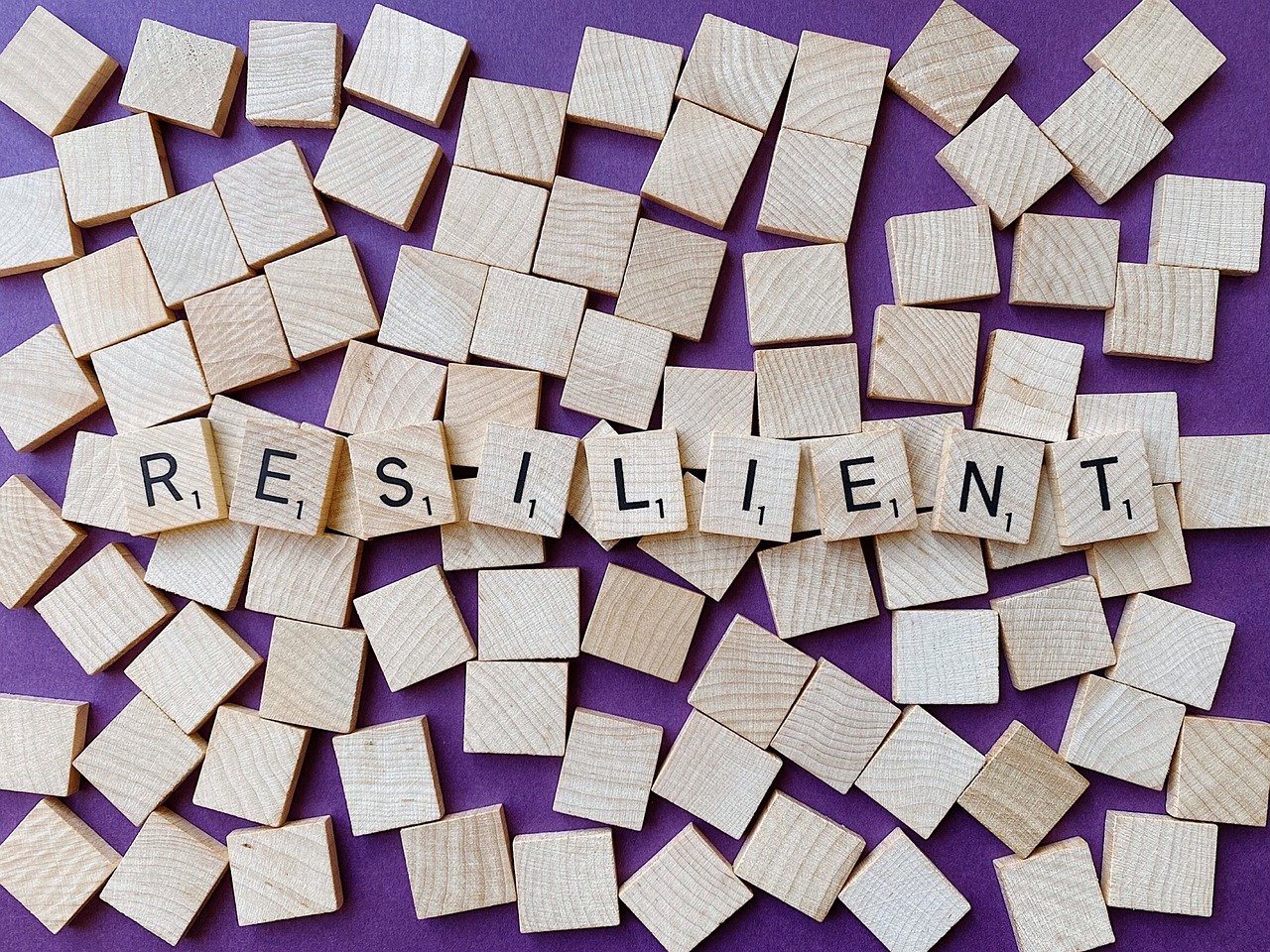Guest post by Maria Gallo, EdD - Founder and Principal of KITE – Keep in Touch Education
In March 2020, just over six months ago, the world was thrust into lockdown. Our normal routines for school, work, and social activity changed in a matter of days. It was springtime in the northern hemisphere, and with the change of season was the alumni reunions and graduations on a regular cycle. This is normally the chance for marking special milestones, connecting with friends, and celebrating the newest batch of alumni through the graduation ceremony ritual. This year, the regular cycle was broken.
The Alumni Relations Pivot

As soon as the lockdown began, once the stark reality of the magnitude of these events disappearing from calendars, I became curious. This was a crucial pivot point for alumni relations. In-person relationship-building and stewardship, the foundation of alumni relations, was no longer. The new cornerstone of alumni relations was emerging, one of kindness, support, and concern. The graduates of 2020 were entering the most challenging job market in over a decade. Early and mid-career alumni faced career uncertainty or found themselves working from home.
Many institutions had the fall back of an online community, like Hivebrite, to bolster their global community. Creating a sense of community online was no longer a nice to have, it was a need to have. Alumni relations at universities, colleges, institutes, and organizations took up this new virtual challenge with zeal.
My initial curiosity led me to conduct a very small-scale study to get a sense of alumni relations during the period of the worldwide lockdown, from March to June 2020. I gathered evidence from 75 higher education institutions across 16 countries. This demonstrated that the pivot of alumni relations was not a simple tweak but a seismic change in the manner and matter of alumni relations work.
Sharing, Caring, Daring and Snaring
What did alumni relations look like during the COVID-19 lockdown? I identified four key themes that emanated from alumni relations work during this unprecedented time:
Sharing: Alumni relations created synergies across the institution—career services or academic expertise— to share with alumni. The results included online events to inform alumni on the pandemic, to inspire alumni with new ideas on the workplace and, to offer advice related to their careers. While alumni were the target audience, these were largely institution-controlled transmissions of information, with little active alumni involvement. For example, the Porto Business School hosted ‘The Moment for Digital Acceleration’ Webinar in April sharing “ideas on how to take advantage of this strange new world and use it to our benefit” while the alumni community at the University of British Columbia were treated to a Webcast entitled ‘Rebuilding society to be greener, cleaner, and more resilient in the wake of COVID-19.’
Caring: Under this theme, alumni relations created programming that showed the concern and support for the emotional, psychological, and physical well-being of alumni. Their span of events seemed boundless: yoga and meditation sessions, free online lifelong learning courses, live online music concerts, and theatre productions. Alumni relations empathized with the challenges lockdown presented from a family perspective too. Syracuse University offered ‘Homestretch Help’ for parents supporting their children with distance learning while other universities offered online children’s activities or stories read by alumni authors for children at home.
Daring: Instead of simply alumni as the passive recipients of institutional knowledge, alumni relations also offered interactive activities to increase virtual alumni participation. The call to action for alumni including their involvement in mentorship and networking events. Alumni were also challenged to support students to find internships or offer career placements for fellow alumni. Keele University reinvented its traditional on-campus alumni day to celebrate in a virtual and global way. Throughout May the Central European University held an alumni reunion, with interactive activities including the call for alumni to “Be a ‘book’ in the Living Library” an opportunity for alumni to share with students their stories of professional and personal growth.
Snaring: This is far from a trap. The lockdown also brought another level of action to alumni relations work including a call for philanthropic gifts. A compelling case for support was often student-centered such as the ask from Notre Dame’s Student Emergency Relief Fund and University of Aberdeen’s COVID-19 525 Bursary Fund, with the latter stating: “you are part of a family that goes back 525 years. Sadly, due to the devastating ongoing pandemic, many of our current students are facing severe financial hardship.” Other donations were directly to fund research on the coronavirus, such as the fundraising appeal at Leiden University.
What Can We Learn From Alumni Relations During Lockdown?

Alumni relations are resilient.
Universities are beginning to recognize the value of engaging directly with alumni. The alumni relations of the lockdown offered ways for alumni to support current students and to be an advocate or ambassador for the university. It has democratized the way alumni can decide to participate as they can do it flexibly, online, and connect with their alma mater, even hundreds or thousands of miles away.
Alumni are ready, willing, and able to engage with and support their alma mater.
The Call to Action for Alumni Relations Professionals
Here is the call to action directly to alumni relations professionals.
First, alumni relations in your institution needs to build on the momentum of this pivot in three ways:
- Identify those internal alumni champions in your institution’s senior leadership. Steward them to continue to recognize the value of an alumni contribution across the institution.
- Build a research base. So many of the senior leadership in higher education are academics who value solid empirical research. Invest in getting proper research conducted to reinforce your case for the resources to maintain (or expand) your alumni relations program.
- Revisit your alumni relations or alumni engagement strategy. Strategic planning, that aligns across the institution and the recognition that so much of the future of alumni relations will include growing a virtual alumni community. For the foreseeable future, alumni relations will be predominantly online and should be resourced well to offer the institution, alumni, and student lifelong value.
The second call to action focuses on you. This is a time for you, as alumni relations professionals, to mind yourself and to celebrate. It is important that we recently went through a period of unprecedented change. Alumni relations stepped up and delivered high-quality programming with ample creativity and, in many cases, little resources. Take some time to recharge and celebrate as an alumni relations team. This is likely not a sprint but a lifelong marathon. The university, alumni, and students need you at the top of your game to continue your brilliant work.
To read the full paper from the ICARe – International Conference on Alumni Relations 2020 Proceedings click here.
Hivebrite is an all-in-one community management platform. We empower organizations of all sizes and sectors to launch, manage and grow fully branded private communities. Schedule a demo today!



%20(1).png?width=1650&name=hivebrite-logo%20(2)%20(1).png)